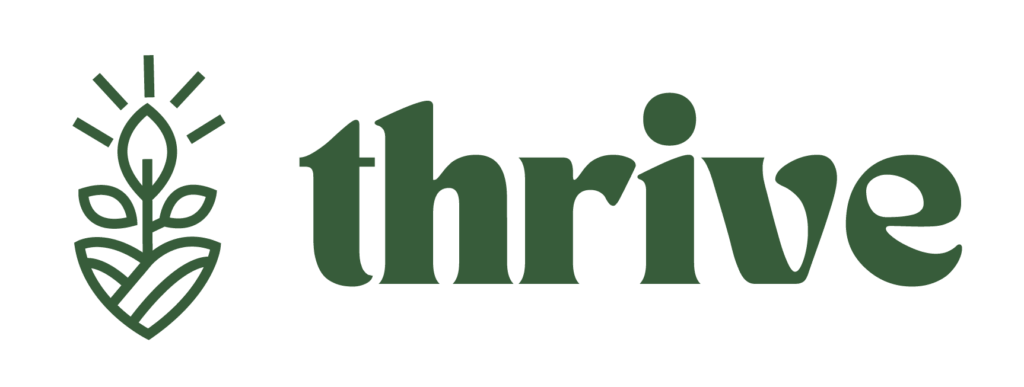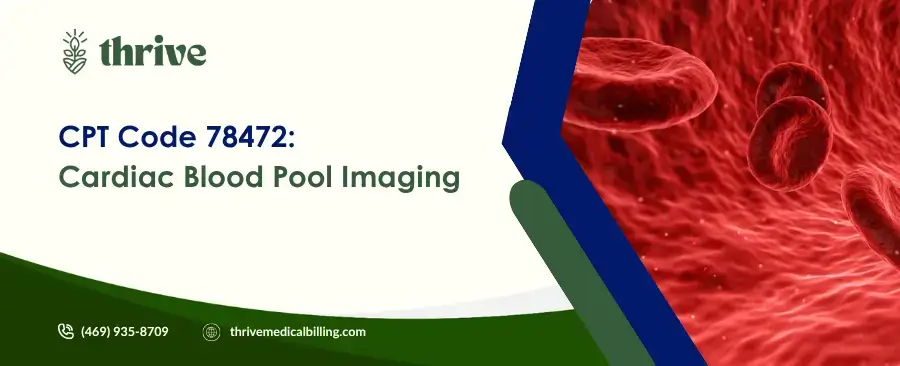Introduction to 78472 CPT Code Description
CPT code 78472 is a procedural code used in medical billing to describe cardiac blood pool imaging, specifically gated equilibrium studies, including assessment of ventricular function using multiple gated acquisition (MUGA) scans or similar techniques. This nuclear medicine procedure evaluates the heart’s pumping efficiency and wall motion, primarily focusing on the left ventricle and right ventricle. Understanding the 78472 CPT code description is essential for healthcare providers, nuclear medicine technologists, and billing professionals to ensure accurate billing and avoid issues that lead to claim denials.
This guide provides a detailed overview of CPT code 78472, its applications, modifiers, Medicare reimbursement rates, and strategies to optimize billing for cardiac conditions such as heart failure or cardiomyopathy.
What is Cardiac Blood Pool Imaging?
Cardiac blood pool imaging, as denoted by CPT code 78472, is a nuclear medicine procedure that uses a radioactive tracer (typically technetium-99m) to visualize blood flow within the heart’s chambers. The gated equilibrium technique synchronizes imaging with the cardiac cycle (using electrocardiogram gating) to assess ventricular function, including ejection fraction, wall motion, and cardiac output. This procedure is commonly referred to as a MUGA scan (Multiple Gated Acquisition).
Performed in a nuclear medicine department or imaging center, CPT code 78472 involves injecting a small amount of radioactive tracer into the bloodstream, which labels red blood cells. A gamma camera then captures images of the heart over multiple cardiac cycles, providing detailed data on heart function. This procedure is critical for diagnosing and monitoring cardiac conditions affecting the heart’s pumping ability.
Procedure Involving CPT Code 78472
The procedure involving CPT code 78472 includes the following steps:
- Preparation: The patient is connected to an electrocardiogram (ECG) to monitor the cardiac cycle.
- Tracer Injection: A radioactive tracer (e.g., technetium-99m-labeled red blood cells) is injected intravenously.
- Imaging: A gamma camera captures images of the heart in multiple views (e.g., anterior, lateral, left anterior oblique) over several cardiac cycles.
- Gated Equilibrium Analysis: The images are synchronized with the ECG to assess ventricular function, including ejection fraction (the percentage of blood pumped out of the ventricle with each heartbeat) and wall motion.
- Data Interpretation: A cardiologist or nuclear medicine specialist analyzes the images to evaluate heart performance.
The procedure is non-invasive, typically takes 30–60 minutes, and is performed in an outpatient setting. CPT code 78472 specifically covers the gated equilibrium study with multiple acquisitions, distinguishing it from other cardiac imaging codes.
Comparison with Related CPT Codes
CPT code 78472 is part of a family of nuclear medicine codes for cardiac imaging. Here’s how it compares to related codes:
- CPT Code 78451: Describes myocardial perfusion imaging, single study, at rest or stress, focusing on blood flow to the heart muscle rather than ventricular function.
- CPT Code 78452: Covers myocardial perfusion imaging, multiple studies, at rest and/or stress, unlike the blood pool focus of CPT code 78472.
- CPT Code 78473: Similar to CPT code 78472 but includes first-pass imaging, which evaluates blood flow through the heart in a single pass rather than gated equilibrium.
- CPT Code 78481: Describes a first-pass cardiac blood pool imaging study, typically used for right ventricular assessment, distinct from the gated equilibrium of 78472.
Choosing the correct procedural code is critical to ensure accurate billing. For example, billing CPT code 78472 when a first-pass study (CPT code 78481) was performed can lead to claim denials.
Modifiers for CPT Code 78472
Modifiers provide additional context for CPT code 78472 to ensure proper reimbursement. Common modifiers include:
- Modifier 22 (Increased Procedural Services): Used when the procedure requires significantly more effort, e.g., due to patient-specific complexities like obesity or arrhythmias.
- Modifier 26 (Professional Component): Applied when billing only for the physician’s interpretation of the imaging results, excluding technical or facility fees.
- Modifier 52 (Reduced Services): Indicates a partially performed procedure, such as omitting certain views due to patient intolerance.
- Modifier 53 (Discontinued Procedure): Used when the procedure is stopped for safety reasons, e.g., an adverse reaction to the tracer.
- Modifier 59 (Distinct Procedural Service): Denotes a separate procedure on the same day, such as a MUGA scan and a stress test. Use cautiously to avoid unbundling issues.
- Modifier 76 (Repeat Procedure by Same Physician): Indicates the same physician repeated the procedure later in the day.
- Modifier 77 (Repeat Procedure by Another Physician): Used when a different physician repeats the procedure.
- Modifier 99 (Multiple Modifiers): Applied when multiple modifiers are needed for the procedure.
Providers must adhere to American Medical Association (AMA) and payer guidelines to avoid errors that lead to claim denials.
Medicare Reimbursement Rates for CPT Code 78472
CPT code 78472 is reimbursable by Medicare, but reimbursement rates vary based on several factors:
- Medicare Physician Fee Schedule (MPFS): The MPFS provides payment rates for CPT code 78472, adjusted by the Geographic Practice Cost Index (GPCI) for regional cost differences.
- Medicare Administrative Contractors (MACs): Regional MACs may impose specific billing rules or coverage criteria, such as Local Coverage Determinations (LCDs) for nuclear medicine procedures.
- Technical vs. Professional Component: Reimbursement differs when billing the technical component (facility fees), professional component (Modifier 26), or global service.
- Facility vs. Non-Facility Rates: Non-facility rates are higher to account for overhead costs in office settings.
To verify reimbursement rates for 2025, providers should:
- Access the MPFS on the Centers for Medicare & Medicaid Services (CMS) website.
- Consult their regional MAC for specific coverage policies.
- Use coding tools like EncoderPro or AAPC Coder for real-time rate estimates.
Accurate documentation of medical necessity, such as symptoms of heart failure or cardiomyopathy, is critical for Medicare reimbursement.
Cardiac Conditions Diagnosed with CPT Code 78472
CPT code 78472 is used to diagnose and monitor cardiac conditions affecting ventricular function. Common indications include:
- Heart Failure: To assess ejection fraction and ventricular performance.
- Cardiomyopathy: To evaluate wall motion abnormalities in conditions like hypertrophic or dilated cardiomyopathy.
- Chemotherapy Monitoring: To monitor cardiotoxicity in patients receiving drugs like doxorubicin, which can impair heart function.
- Valvular Heart Disease: To assess the impact of valve dysfunction on ventricular performance.
- Congenital Heart Disease: To evaluate ventricular function in patients with structural abnormalities.
The gated equilibrium technique provides precise measurements of ejection fraction and wall motion, making CPT code 78472 a valuable tool for cardiologists.
Medical Billing Best Practices to Ensure Accurate Billing
To ensure accurate billing for CPT code 78472 and minimize issues that lead to claim denials, providers should adopt the following medical billing strategies:
- Train Coders: Educate staff on the 78472 CPT code description, its differences from codes like 78473 or 78451, and appropriate modifiers.
- Use EHR Systems: Electronic health records with integrated coding tools streamline documentation and reduce errors.
- Document Medical Necessity: Clearly note indications like heart failure, cardiomyopathy, or chemotherapy monitoring to justify the procedure.
- Verify Payer Guidelines: Confirm Medicare and private payer rules for CPT code 78472, especially regarding bundling with other nuclear medicine codes.
- Conduct Regular Audits: Review claims to identify and correct coding or billing errors before submission.
These practices enhance revenue cycle management and improve financial outcomes for nuclear medicine practices.
Common Errors That Lead to Claim Denials
Billing errors for CPT code 78472 can lead to claim denials, delaying reimbursement. Common mistakes include:
- Incorrect Code Selection: Billing CPT code 78472 when a first-pass study (CPT code 78481) or myocardial perfusion study (CPT code 78451) was performed.
- Improper Modifier Use: Applying Modifier 59 without clear distinction or using Modifier 26 inappropriately for global billing.
- Inadequate Documentation: Failing to document medical necessity, such as indications for cardiac blood pool imaging or specific cardiac conditions.
- Unbundling Errors: Billing CPT code 78472 with other nuclear medicine codes without justification, leading to payer denials.
- Outdated Guidelines: Not adhering to the latest AMA or CMS rules for nuclear medicine procedures.
Providers should verify codes, modifiers, and documentation to ensure accurate billing and avoid denials.
Conclusion and Resources
CPT code 78472 is a critical procedural code for cardiac blood pool imaging using gated equilibrium techniques to assess ventricular function in cardiac conditions like heart failure or cardiomyopathy. By understanding the 78472 CPT code description, its modifiers, Medicare reimbursement rates, and best practices for medical billing, providers can ensure accurate billing and minimize issues that lead to claim denials. For further guidance, consult:
- CMS Website: For MPFS and reimbursement rates.
- American Medical Association (AMA): For CPT code updates and guidelines.
- Society of Nuclear Medicine and Molecular Imaging (SNMMI): For resources on nuclear medicine procedures.
By staying informed and proactive, healthcare providers can optimize billing for CPT code 78472 and enhance patient care for cardiac conditions.







